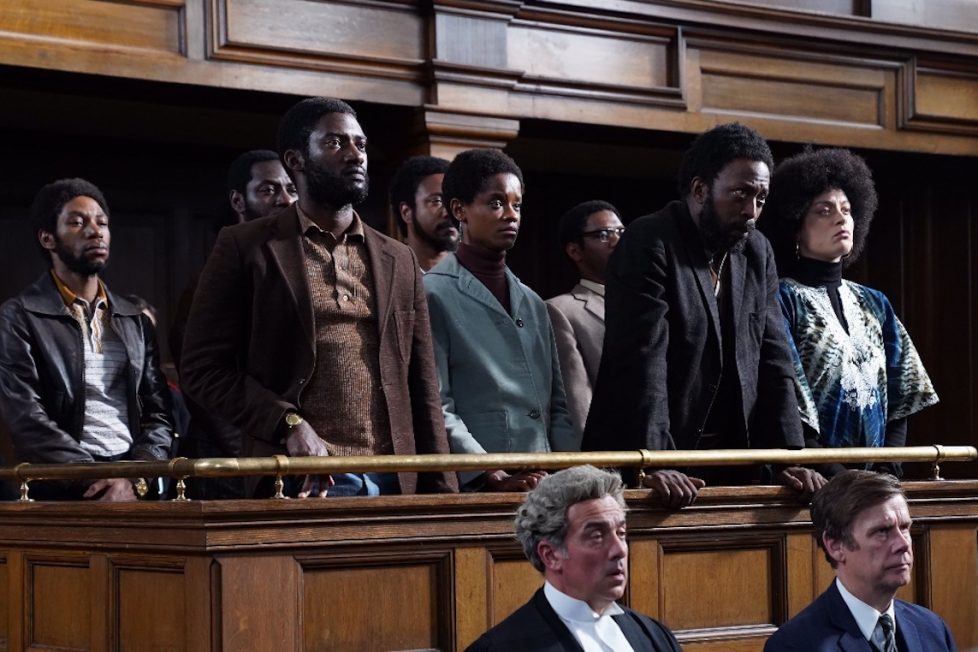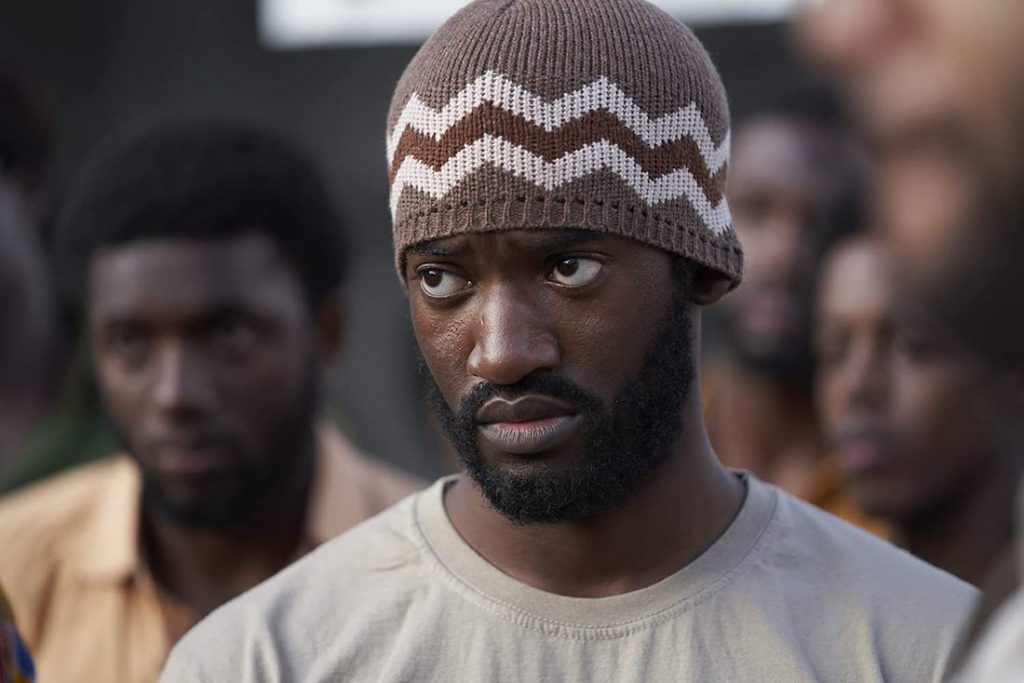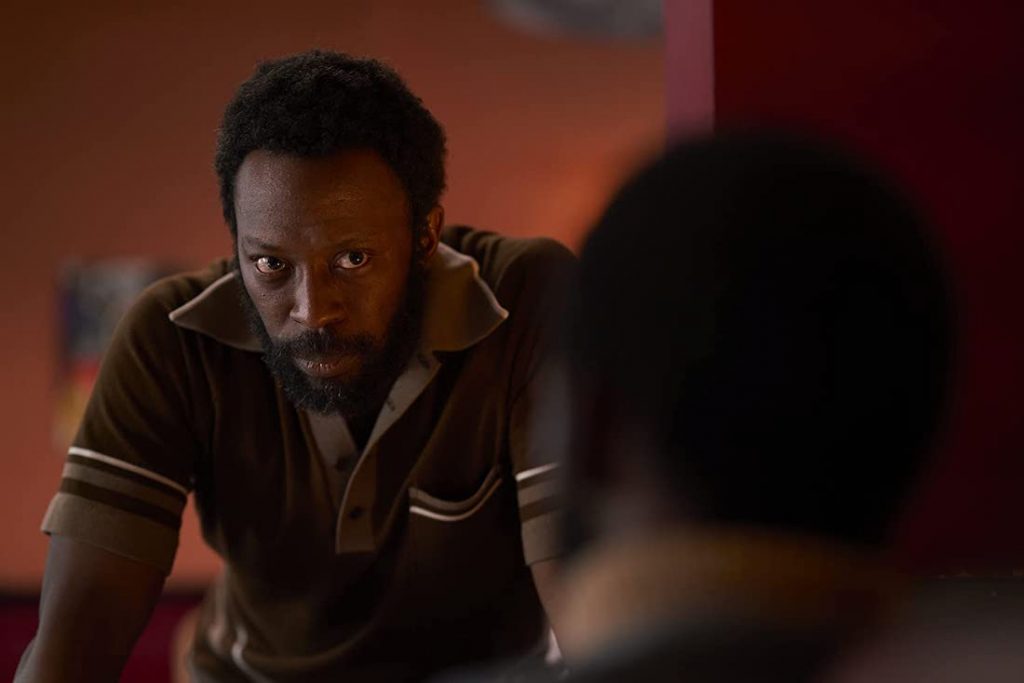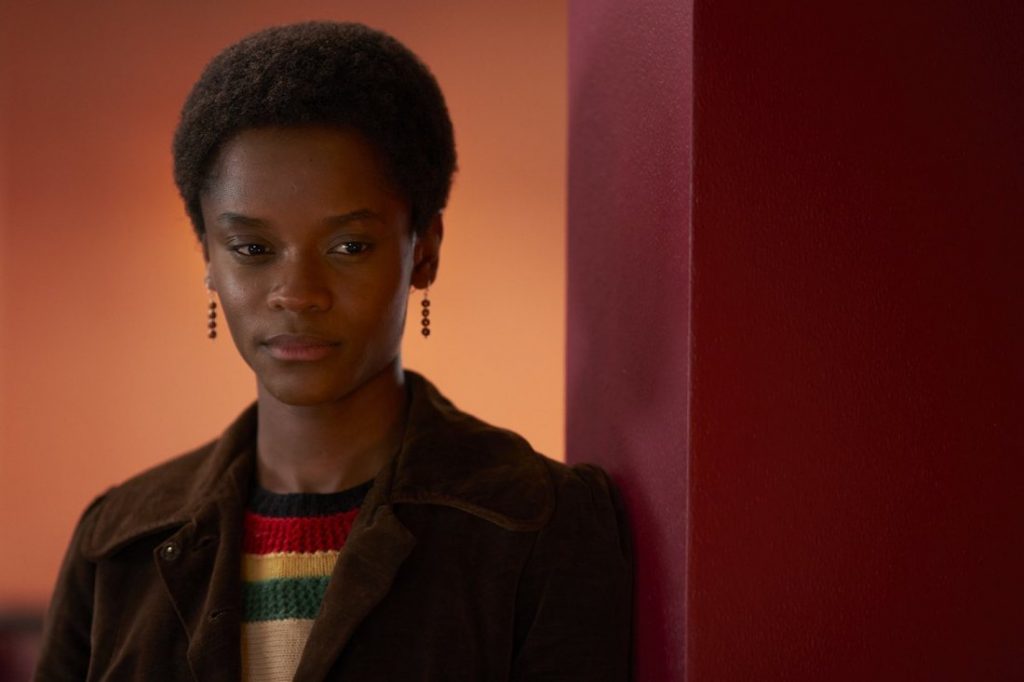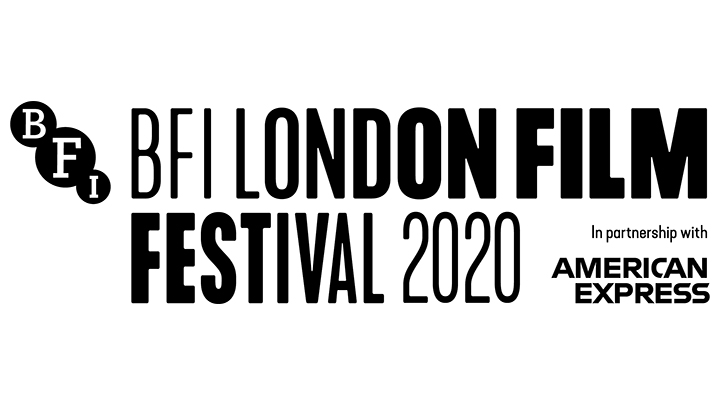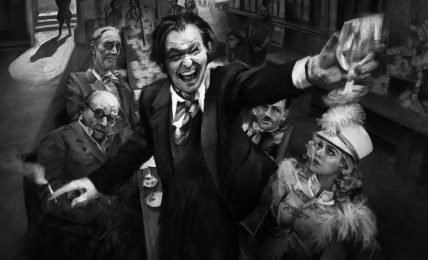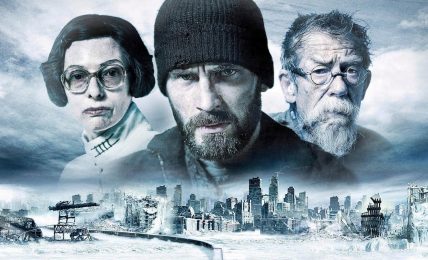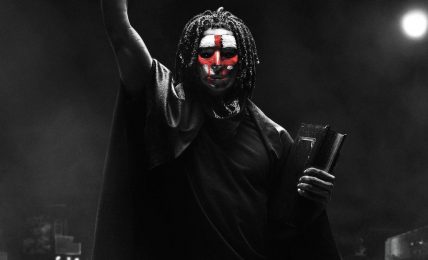Small Axe: MANGROVE (2020)
Mangrove tells this true story of The Mangrove Nine, who clashed with London police in 1970. The trial that followed was the first judicial acknowledgment of behavior motivated by racial hatred within the Metropolitan Police.
